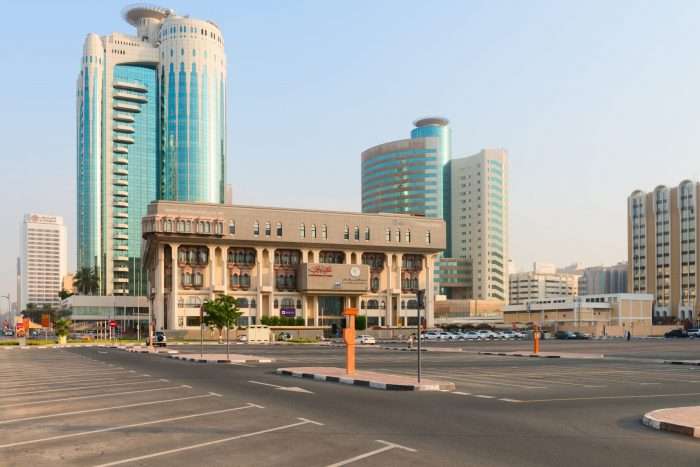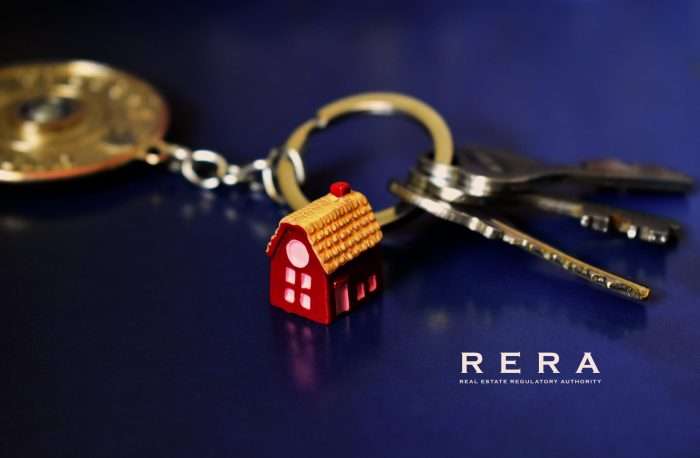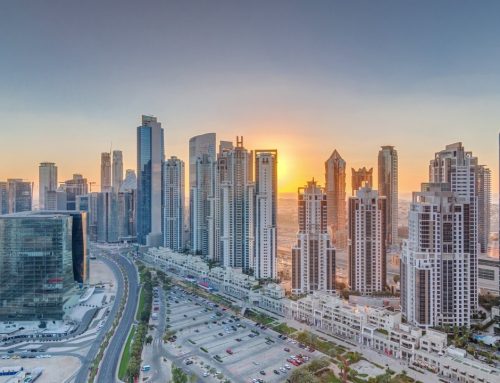Understanding Dubai’s Real Estate Laws and Regulations in 2024

The Dubai Land Department (DLD)
The Dubai Land Department (DLD) is the government agency responsible for regulating the real estate market in Dubai. The DLD is tasked with registering and recording all real estate transactions in the city. The Real Estate Regulatory Authority (RERA), a division of the DLD, establishes the legal framework and regulations ensuring transparency and safety in property transactions. Their primary duties include:
- Collecting details of tenants and landlords and resolving tenancy disputes.
- Regulating foreign investments.
- Monitoring real estate advertisements for trustworthiness.
- Licensing real estate brokers and developers.
- Overseeing banks, insurance, and law companies within the real estate sector.
- Managing market development and progression.

Real Estate Laws in Dubai
Dubai’s economy is heavily reliant on tourism and the real estate sector, making it one of the fastest-growing real estate markets worldwide. A solid understanding of the following key property laws is essential for anyone looking to invest or buy property in Dubai.
Dubai Strata Law
The Strata Law applies to multi-unit developments such as apartments and townhouses. It governs the division of properties into privately owned units and common areas managed by an owner’s association. This law sets the rules for managing and maintaining common areas and facilities in these properties.
Property Ownership Law in Dubai
Law No. 7 of 2006 is a foundational statute that regulates property ownership in Dubai. Article 4 of this law specifies the categories of individuals who can own property:
- GCC Citizens
- UAE Citizens
Article 3 of Regulation No. 3 of 2006 allows foreign nationals and non-residents to purchase property, but only in designated areas specified by Dubai’s government.

Rental Property Laws in Dubai
Dubai has introduced rental property laws to protect tenants and landlords due to the popularity of rental investments resulting in high rental yields. Key points include:
- Tenancy contracts must last at least one year for long-term rentals.
- Rent increases are prohibited during the contract and allowed only upon renewal.
- Rent increases cannot exceed 15% at any time.
- Disputes are resolved by contacting RERA via email, with both parties required to follow the authority’s decisions.
Inheritance Property Laws in Dubai
Inheritance laws in Dubai are complex, especially for property owners with dual nationality. Foreign investors must assign a legal beneficiary, and having a will is crucial. Without a will, the court may decide whether the property goes to the state or is divided among heirs.

New Laws Regarding Real Estate in Dubai
Several new regulations have been introduced to address various real estate issues in Dubai.
Law Number 19 of 2020 – Dubai Interim Registration Law
This law amends Article 11 of Law No. 13 of 2008 regarding interim property registration. It allows the Dubai Land Department to challenge and cancel previously registered sale agreements under specific circumstances.
Law Number 20 of 2020 – Dubai Real Estate Institution
Law No. 20 of 2020 resulted in the dissolution of the Dubai Real Estate Institution (DREI), transferring all services, responsibilities, and employees to the DLD.
Law Number 32 of 2020 – Land Designated for Educational Use
Ownership of plots designated for educational purposes is transferred to the Knowledge Fund. Real estate developers can retain ownership by paying 75% of the land’s market value to the Knowledge Fund, with payments allowable in instalments over 35 years.
Law Number 33 of 2020 – Liquidation of Cancelled Real Estate Projects in Dubai
This law extends the Judicial Committee’s jurisdiction to include incomplete and cancelled real estate projects, taking over the duties initially set by Law No. 21 of 2013.

Three Broker Rule
Implemented in October 2022, the DLD now limits sellers to listing their properties with a maximum of three brokers to reduce duplicate listings and enhance professionalism among brokers and agencies. This rule benefits both buyers and sellers by streamlining the buying and selling process.
Using a Conveyancer
Given the complexity of property transactions, it is essential to use a conveyancer. A conveyancer oversees the legal transfer of property from seller to buyer, drafts and reviews contract terms, and handles other legal, financial
Regulations for Real Estate Developers
RERA mandates developers to obtain licenses before starting any project. Developers must provide detailed project information and maintain a trust account for all funds paid by buyers to ensure their proper use for project completion.
Frequently Asked Questions
- Who can legally own property in Dubai?
According to Law No. 7 of 2006, property ownership in Dubai is permitted for GCC citizens, UAE citizens, and foreign nationals or non-residents in designated areas.
- What protections do rental property laws offer to tenants in Dubai?
Dubai rental property laws mandate a minimum one-year tenancy contract, prohibit rent increases during the contract, allow rent increases only upon renewal up to 15%, and require dispute resolution through RERA.
- Why is it important for foreign property owners in Dubai to have a legal will?
Without a legal will, the ownership of properties may be decided by the court, which could result in the property going to the state or divided among heirs. A will ensures that the property is inherited by the intended beneficiaries.





